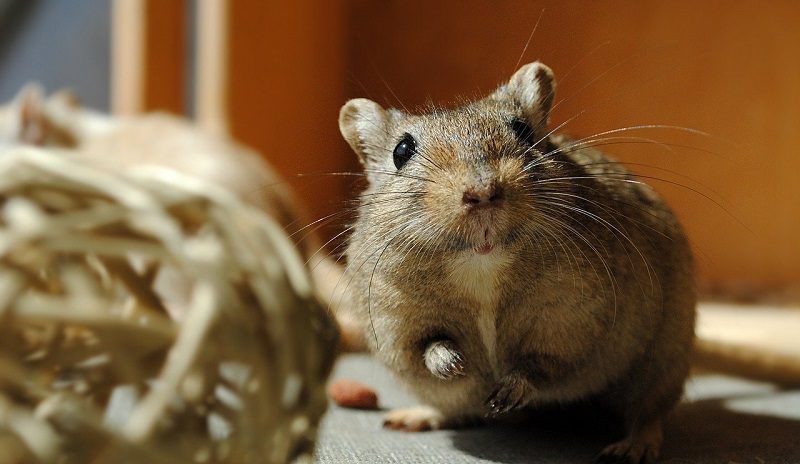Pet’s Corner Q&A
I’ve seen that my cat needs to be microchipped or I’ll be fined. Is this true? What is ‘microchipping’?
Yes that’s correct – the laws around microchipping cats is changing meaning your cat will need to be microchipped before 10 June 2024 or you could face a fine of up to £500.
The chip contains a unique number linking the pet to their owner.
Once microchipped, contact details are stored and kept up to date in a pet microchipping database to help reunite lost, stolen or injured pets with their owners as quickly as possible. Find out more on our website.
How long does a hamster normally live for? Do they get any common diseases like dogs?
The average lifespan of hamsters is 1.75 years, but there have been reports of some living up to 5 years.
Like any animals, if they’re well looked after, have their needs met and are able to enjoy low stress, they are more likely to enjoy a long and healthy life. As with all pets, they can become unwell or injured.

Most common ailments that affect hamsters are wet tail – often associated with stress, overgrown teeth or nails, lumps or traumatic injuries.
Providing a suitable home and diet can go a long way in preventing these problems. For lots more information, visit our website.
My kittens are kept indoors but recently I found a flea on one of them. I’ve heard treatments bought in shops aren’t very effective. What is the best thing to treat them with?
Indoor pets can get fleas too. Just one flea can produce thousands of eggs that get into carpets, gaps in flooring and soft furnishings.
We can also carry eggs or fleas into the home on our shoes and clothes.
Discuss flea treatment with your vet, as they can recommend or prescribe the most effective treatment for your kitten, especially as she is young.

Remember to treat your house too, as otherwise eggs and larvae can remain in carpets and bedding for some time and cause re-infestation.
Wash your kittens’ bedding on a 60C cycle, and vacuum carpets, furniture and soft furnishings, paying particular attention to edges. For more information visit our website.
My dog Peanut is always reverse sneezing – is he in pain and what can I do to help him?
Reverse sneezing can be alarming but is usually harmless.
When Peanut next starts to reverse sneeze, stay calm and remember that episodes last less than a minute.

Keep him calm by speaking to him and stroking gently.
Get Peanut checked over by the vet if he is reverse sneezing a lot, but if your vet is happy, and there are no underlying problems, it’s unlikely you will need to do anything else. Find out more here.
Website: https://www.pdsa.org.uk
Picture: Pixabay/doanme
